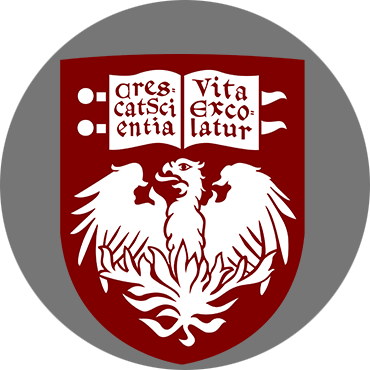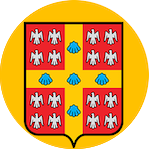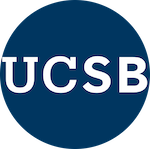Assistant Professor of American Studies, Vassar College
The property
Vassar College
Assistant Professor of American Studies, Tenure Track
Department: American Studies
Posting Removal Date:
Posting Number: F123P
For full consideration applicants should apply by: 10/15/2024
About Vassar College
Vassar is a highly selective, coeducational liberal arts college of about 2400 undergraduate students, located in the Hudson Valley, seventy-five miles north of New York City. Vassar stands upon the https://www.vassar.edu/land-acknowledgment. The College is located in Poughkeepsie, home to a culturally diverse community, and benefits from convenient commuter rail access to New York City. Vassar faculty are committed teachers/scholars who bring research and creative discovery to life for students in classrooms, labs, and studios and in individually-mentored projects. They teach broadly in the curricula of their departments, advise students, and serve on college-wide and departmental committees. The College maintains a generous leave policy, provides strong support for research, and encourages multidisciplinary approaches to teaching.
Position Introduction
The American Studies Program at Vassar College invites applications for a tenure-track Assistant Professor position in Native American Studies beginning August 2025.
Vassar College is deeply committed to increasing the diversity of the campus community and the curriculum, and to promoting an environment of equality, inclusion, and respect for difference. Candidates who can contribute to this goal through their teaching, research, advising, and other activities are encouraged to identify their strengths and experiences in this area. The College is an Equal Opportunity and Affirmative Action employer, and especially welcomes applications from veterans, women, individuals with disabilities, and members of racial, ethnic, and other groups whose underrepresentation in the American professoriate has been severe and longstanding.
We seek a dynamic, innovative, community-engaged scholar of Native American Studies. The position grows from Vassar’s continued commitment to developing meaningful land acknowledgment and repairing relationships with Native nations. We are especially interested in scholars whose work focuses on one of the following areas: Native American philosophy/knowledges; Native American religions; Native American ecologies/traditional environmental science/land knowledge, including political ecologies or public health; and/or Native American pedagogy and language revitalization. Although we recognize the importance of studying Indigeneity in other global contexts, we are only considering scholars who focus primarily on Native North America for this position.
Pay Transparency Disclosure: The annual base starting salary range for this position is $92,000 to $102,000 (USD ). This range includes new faculty appointments beginning the first year of a standard tenure clock as well as Assistant Professors with previous tenure-line experience who will be on an accelerated tenure clock. When extending an offer of employment, Vassar College considers factors such as (but not limited to) candidate’s education/training, work experience, internal peer equity, as well as market and organizational considerations. This salary range represents the College’s good faith and reasonable estimate at the time of posting. The starting salary for an Assistant Professor in this position with a PhD beginning the first year of a standard tenure clock in Fall 2025 is $96,000.
How to Apply
Candidates should submit: -A letter of application -CV -Statement of teaching philosophy and experience -Writing sample (no more than 20 double-spaced pages) -Graduate school transcript (an unofficial copy is acceptable for initial application) -A statement highlighting contributions to or future plans for promoting diversity and inclusion through teaching, research, and other involvements (additional information can be found at: https://offices.vassar.edu/dean-of-the-faculty/positions/candidate-diversity-statement/) -Three letters of recommendation
Applications should be addressed to Lisa Collins and Molly McGlennen and submitted online at: https://apptrkr.com/5623595. Please contact americanstudies@vassar.edu with any questions. Review of applicant materials will begin on October 15, 2024, and will continue until the position has been filled. There is no guarantee that applications received after October 15, 2024 will be reviewed.
Special Instructions to Applicants
To Apply
No Comments
Listing Location
More from this employer
Luce Curatorial Fellow, Portland Art Museum
Related listings




















Sorry, the comment form is closed at this time.